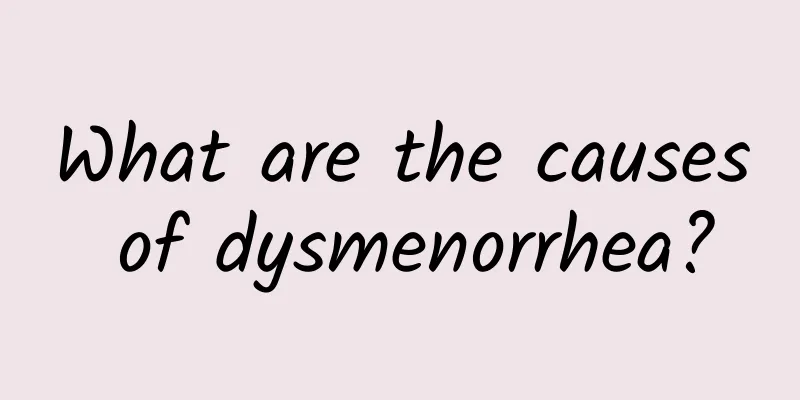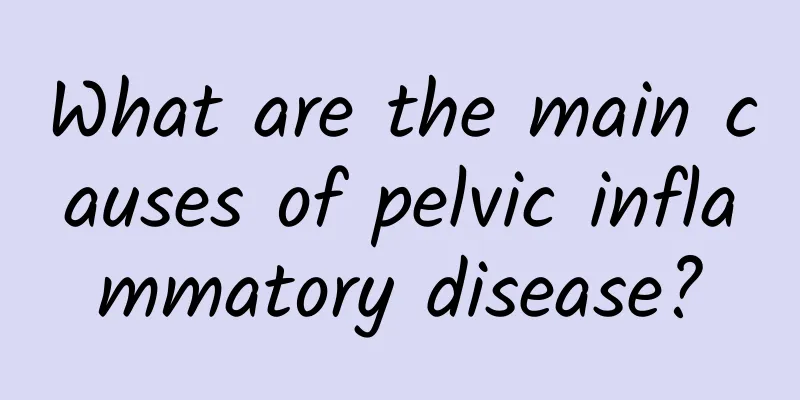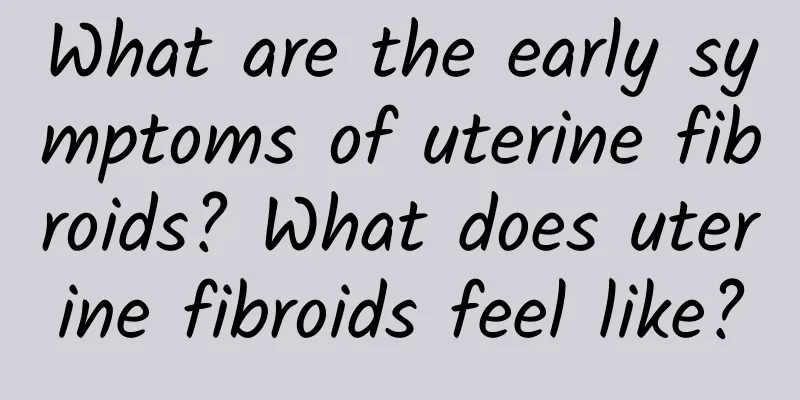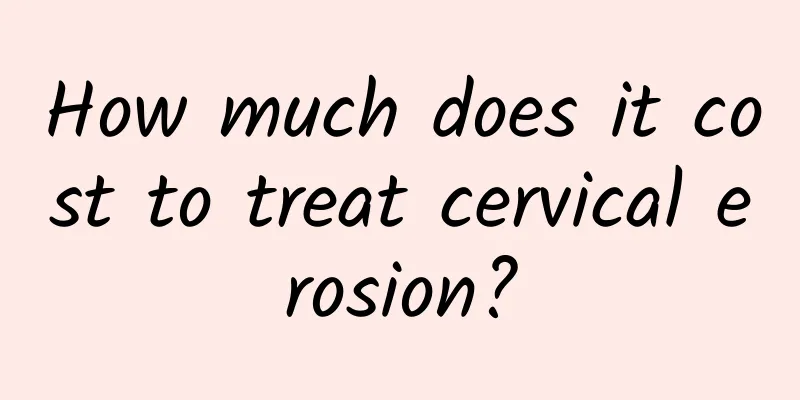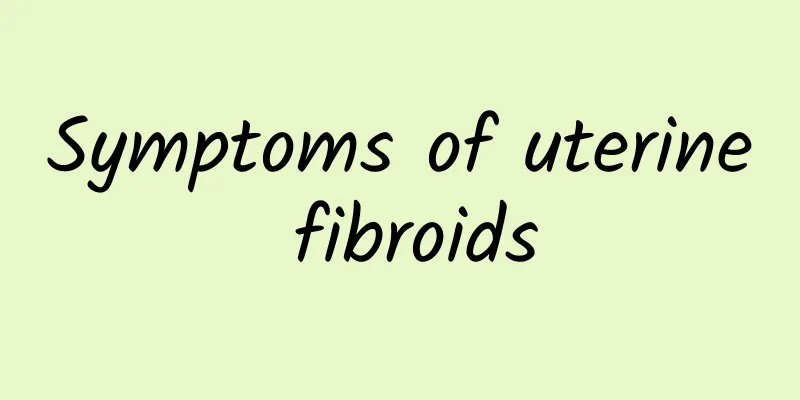What medicine is effective for uterine fibroids? What medicine can eliminate uterine fibroids?

|
What medicine is effective for uterine fibroids? What medicine can eliminate uterine fibroids? Uterine fibroids are a common benign tumor in gynecology, which can cause discomfort and pain to patients, seriously affecting their lives and health. Many patients hope to treat uterine fibroids with drugs, so what kind of drugs are useful for uterine fibroids? What kind of drugs can eliminate uterine fibroids? Currently, there is no specific drug that can completely eliminate uterine fibroids. However, for those uterine fibroids that are small and have no obvious symptoms, there are some drugs that can help control their growth and relieve symptoms. A common treatment is the use of luteinizing hormone-releasing hormone (GnRHa), which is a form of hormone therapy. GnRHa inhibits the activity of the hypothalamus-pituitary-gonadal axis and reduces the level of estrogen in the body, thereby inhibiting the growth of uterine fibroids. However, GnRHa can only temporarily relieve symptoms, and uterine fibroids may still recur after discontinuation. In addition to GnRHa, progesterone drugs are also used to treat uterine fibroids. Progesterone has the effect of inhibiting the growth of uterine fibroids, but its efficacy is limited and can cause patients to experience side effects such as irregular menstruation and breast pain. It is worth noting that progestin drugs and GnRHa usually require a doctor's prescription before use, so you should consult a professional doctor before treating uterine fibroids. In addition to drug treatment, surgery is still the main method for treating uterine fibroids. Depending on the size and number of uterine fibroids and the patient's age, symptoms and other factors, different surgical methods can be selected, such as myomectomy, uterine fibroid embolization, etc. In summary, there is currently no drug that can completely eliminate uterine fibroids. For uterine fibroids that are small in size and have no obvious symptoms, you can try to use luteinizing hormone-releasing hormone and progesterone to control their growth and relieve symptoms. However, surgery is still the most effective way to treat uterine fibroids. Before choosing a treatment method, be sure to consult a professional doctor and make a reasonable decision based on your own situation. Uterine fibroids are benign tumors formed by the proliferation of uterine smooth muscle cells. Its occurrence is related to many factors such as estrogen levels and genetic factors. Uterine fibroids are more common in women aged 30-50, especially unmarried women or women who have not given birth. Common symptoms include irregular menstruation, abdominal pain, abdominal lumps, etc. Once uterine fibroids are found, you should seek medical attention as soon as possible and choose the appropriate treatment method according to your own situation. Regular physical examinations and maintaining a healthy lifestyle, such as good eating habits and regular exercise, can also prevent the occurrence of uterine fibroids. Most importantly, do not blindly use drug treatments, be sure to follow the doctor's instructions and choose a treatment plan that suits you. |
>>: What are the effects of 2mm uterine fibroids? How to reduce 2mm uterine fibroids?
Recommend
Can female miscarriage be cured?
Abortion is very harmful to women's bodies, s...
What are the diagnostic methods for vaginitis?
What are the diagnostic methods for vaginitis? Wh...
The weight loss effect is doubled! 4 foods to eat before exercise
As the weather gradually warms up and we start to...
What are the obvious characteristics of cervical erosion? Does cervical erosion have symptoms of vulvar itching?
The obvious characteristic of cervical erosion is...
What should I do if I have irregular menstruation and dysmenorrhea?
What should I do if I have irregular menstruation...
What are the treatments for chronic adnexitis?
According to experts, chronic adnexitis is a comm...
How to choose a gynecological hospital for moderate cervical erosion
How to choose a gynecological hospital for modera...
Will patients with congenital absence of vagina suffer from constipation?
Many women tend to neglect their health due to th...
Analysis of commonly used clinical treatment methods for dysmenorrhea
As the number of patients with dysmenorrhea incre...
Understand where to start with the care of adnexitis
Adnexitis is now a disease with a high incidence ...
How to read the health check report? What do abnormal values mean? Famous doctors answer 5 common Q&As during health checkups
The westernization of diet and the aging of the p...
What symptoms do uterine fibroids cause?
Uterine fibroids are one of the most common gynec...
Beware of the dangers of ovarian cysts
Ovarian cysts are common gynecological diseases. ...
How to effectively treat chocolate ovarian cysts?
Ovarian cysts are a common disease among women to...
What to eat to prevent uterine fibroids from growing What to eat to prevent uterine fibroids from growing
What to eat to prevent uterine fibroids from grow...
